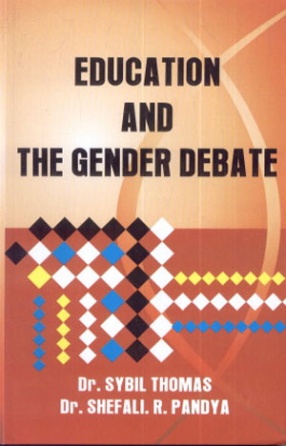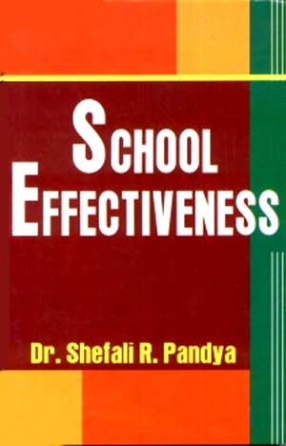Beginning in the final two decades of the 20th century, the study of gender and sexuality has been revived from a variety of directions: the traditions of feminist scholarship, post classical and postmodern psychoanalytic theory. Developmental research and cultural studies have all contributed to the renewed fascination with those powerfully formative aspects of subjectivity that fall within the rubric of gender and Sexuality. Academicians, for their part, have looked at the issue of gender and sexuality with heightened sensitivity to the role of these constructs in the socialization process of children, as well as the ways in which these assumptions about gender and sexuality enter into the individuals' perception of self as well as the ways in which it affects the role they taken and allow others to take in society.
This book is therefore is an attempt to develop the necessary theoretical base by determining the various variables that have a relationship with the formation of an individual's gender role attitude and attitude towards educated and working women. The book also looks for empirical evidences and tools that can contribute to developing positive gender role attitudes and positive attitudes towards educated and working women by creating a programme for inculcating positive of implementing the programme is based on integration of all the three approaches to attitude change i.e., the message learning approach, the cognitive response approach and the dual process approach.
As an analysis of the approaches shows that each approach stands on the shoulder of the other. The design of the includes the amalgamation of two designs. The descriptive research design of the correlational type is used to ascertain the relationships between variables associated with gender role attitude and attitude towards educated and working women. The descriptive research design of the casual comparative type is used to ascertain the gender differences in the variables of the study. The experimental research design is used in the second part of the research to determine the impact of a program to facilitate positive gender role attitudes and positive attitudes towards Educated and Working women.






There are no reviews yet.